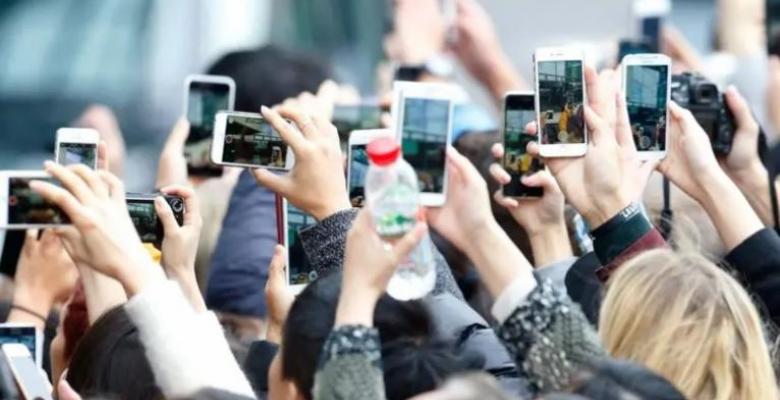The Show of Suffering: Citizen Journalism or Morbidity?
especiales

This Monday, a minor lost his life after being swallowed by a drain during a flood in Havana. Everything was recorded, by chance, in a video by someone who was recording the flooded streets.
The recording of the mishap was accidental, but was its arrival on social media accidental too?
It’s not the first time that our feed has presented us with this type of images. Still fresh in our memory are those of the plane that crashed in May 2018, the videos showing the charred victims, the fire, hell on earth.
In 2022, when a minor was fighting for his life, alone against the raging waves on the capital's seafront, someone also took out his cell phone. Not to call and ask for help from the Search and Rescue Squad of the Cuban Fire Department, but to film a video, and announce the fatal outcome.
This type of attitude exposes an alarming trend: the objectification of human pain in pursuit of virality. This is the reflection of a global dynamic that, even in Cuba, is beginning to permeate.
Social networks, tools created to connect, have become scenarios where sensationalism triumphs over empathy.
The logic is simple: the more dramatic the content, the more visits, more followers, more monetization. But where are ethics, compassion, and respect for the dignity of those who suffer?
In Cuba, forged on pillars of solidarity and humanism, which have been key to facing hurricanes, pandemics and blockades, this digital individualism is especially shocking, as it’s a practice that contradicts our values.
Technology is not the issue here, but its use. A video of someone in peril can be useful if it serves to alert authorities or seek help. But when it’s recorded without acting, it becomes complicity.
The solution is not to ban it, but to educate. Social networks must be spaces to denounce injustices, not to commercialize pain.
It’s urgent to promote an ethical digital culture, and also to rigorously apply the regulations that sanction the dissemination of content that violates human dignity, as established by Decree-Law 35/2021 on the responsible use of Information and Communication Technologies in Cuba.
Today, the already viral video of the minor who lost his life in the flood confronts us with an ethical dilemma: Are we complicit in his pain if we share those images? The answer is to choose between the easy click and human duty.
Remember that behind every video there is a family, a story, a right to privacy even in death. No like is worth more than a life.
Translated by Amilkal Labañino / CubaSí Translation Staff













Add new comment